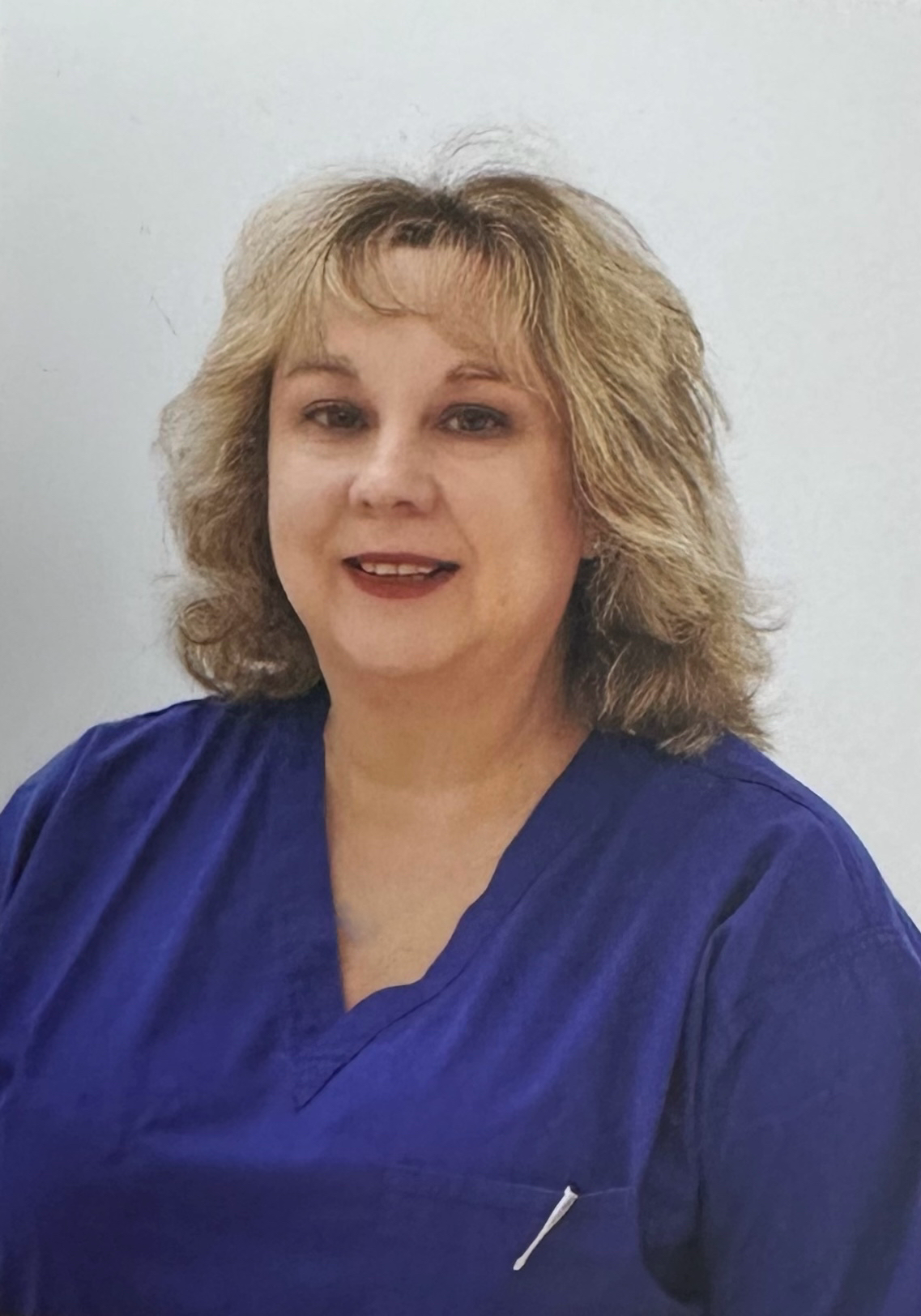What is your role?
I am the echo services lead. My team is like the engine room of cardiology. We are integral to every cardiac patient’s journey because each patient will need an echocardiogram to help diagnose a heart condition or to monitor their heart.
We perform a wide range of echo diagnostic procedures. Examples include transthoracic echoes which look at the function of the heart. Stress echoes which are performed while a patient is exercising. 3D echoes which look at the structural side of the heart. Contrast echoes during which dye is injected into the veins to help see the heart more clearly. And transcranial doppler ultrasounds which use soundwaves to measure blood flow in the brain.
Tell us about a typical day
There isn’t one! At Harefield, our patients’ conditions are typically very complex. Generally, patients will have been referred to us by their GP or another hospital and all our machines will be booked out every day. Our team’s specialist experience and equipment mean we can often diagnose cardiac problems that others can’t. There’s rarely a condition we haven’t seen before. But this level of pathological complexity requires specialist knowledge, which is why we dedicate so much effort to continuous improvement. Last year the echo department was awarded a European Laboratory Accreditation for Advanced Transthoracic Echo and Advanced Transoesophageal Echo by the European Association of Cardiovascular Imaging. It acknowledges the exceptionally high level of standards and practices demonstrated by staff, as well as the quality of equipment we use.

What motivates you in your job?
The variety of cases we see at Harefield makes the job very interesting. Many people work and study here because they get access to the most complex conditions and a wide variety of specialist equipment and procedures. And for patients who are in our care, they can be sure our staff are at the top of their game. You can see it from the certificates on the wall. We’re all committed to our department being the best it can be, for our patients.
What’s the best thing about your job?
I like the specialist nature of echocardiography. It’s satisfying to find things that no one else has noticed and know that a patient will be better for that. For example, yesterday I performed an echo, and because of what I discovered, the patient was immediately admitted to a ward to start treatment.
Why did you get into healthcare?
I knew I would go down the science route. I studied a degree in medical physics and physiological measurement, and then did a qualification where I trained on the job while also going to college. I wasn’t set on cardiology, but I knew somebody who was a perfusionist at the time, fell into cardiac physiology, and then specialised in echo. I’ve worked my way up from being a student to leading a highly accredited team.
I’ve been at Harefield for about 35 years. People say to me, if I were to be cut in half like a stick of rock, you’d see ‘Harefield’ inside!
What’s the most memorable thing a patient has ever said to you?
There are too many to mention. We get a lot of ‘thank you for helping me’, ‘thank you for admitting me’, ‘thank you for listening’. I remember, particularly during Covid, when people couldn’t access their GP easily, we were open. Patients were so grateful that we could see them, find out what was wrong, and then treat them. When you’re poorly, you just want someone to take over and make you better. In this job, we can do that and make a difference to people’s lives – by having an echo, we can diagnose the problem and make a treatment plan.
What did you want to be when you were little?
My mum always jokes that I said I wanted to be a prison officer!
